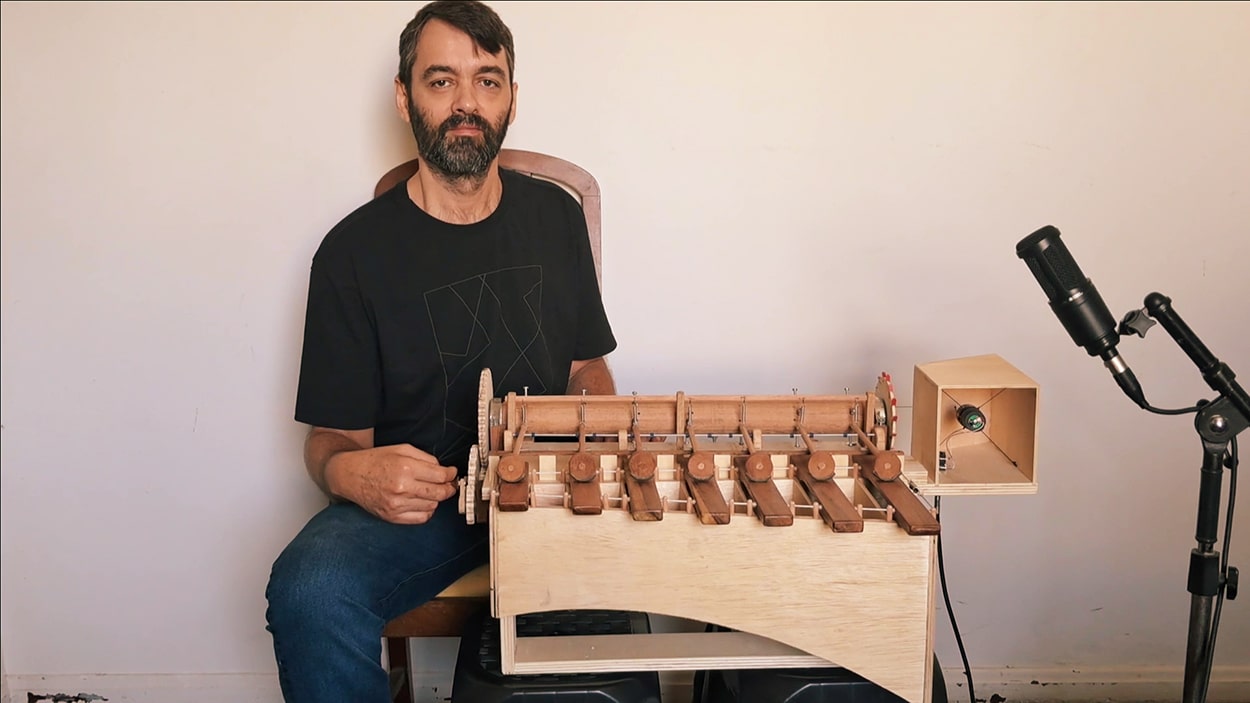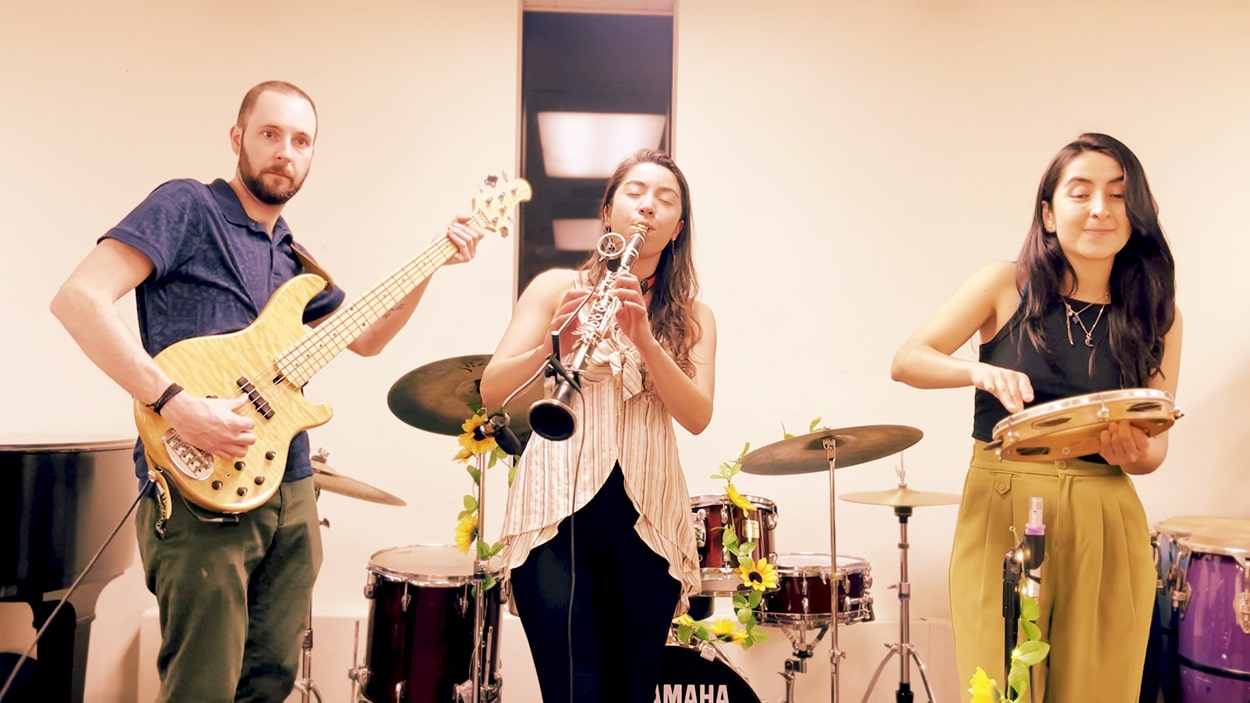President Juan Manuel Santos: "Colombia's Time Has Come"
President Juan Manuel Santos: "Colombia's Time Has Come"
Colombia’s President Juan Manuel Santos delivered remarks at an AS/COA event hours after news broke of a strike that killed a top FARC leader as well as the capture of 14 computers and 60 USB drives. “This, I am certain, is the beginning of the end of 40 years of war in Colombia," he said.
Colombia’s President Juan Manuel Santos addressed the Americas Society and Council of the Americas on September 23, hours after news broke that a Colombian military attack had resulted in the death of Jorge Briceño Suárez—better known as Mono Jojoy—one of the leaders of the Revolutionary Armed Forced of Colombia (FARC). “What happened back home in Colombia with this military success we had 24 hours ago really is something that is going to change our history,” he said. He compared sharing the news of Jojoy's death to telling New Yorkers that "Osama bin Laden had been struck down."
During his remarks, the president revealed that, in the strike, Colombian authorities seized 14 computers and 60 USB drives of information about the FARC. This constituted a major discovery when compared with the already important capture of three computers and 11 USBs during the 2008 attack that claimed the life of another top FARC commander, Raul Reyes. Commenting on the latest discovery and Jojoy’s death, Santos declared: “This, I am certain, is the beginning of the end of 40 years of war in Colombia.” The president, who took office in August, made another comparison: between Colombia now and ten years ago, when Santos served as finance minister. At that time, said Santos, Colombia was a failed state with two-thirds of the country under the control of guerillas or paramilitaries. “Today the state controls every single centimeter of the Colombian territory,” said Santos, describing the change as “a difference of 180 degrees.”
Santos credited the democratic security strategy of his predecessor Álvaro Uribe as the reason for the change. Now, said the president, “We are going to jump from democratic security to democratic prosperity to bring to the Colombian people a better future.” With his top goal job creation, Santos said his government is putting a plan in place to lift seven million Colombians out of poverty—four million out of extreme poverty—by boosting infrastructure and mining, implementing programs for low-income housing, and focusing on innovation and entrepreneurship. “We need the world to change the perception that it has had for many years about Colombia,” said Santos.
“One of the first things we did to change those perceptions was to change our relations with our neighbors,” he added. He described his efforts to improve tense relations with Venezuela and Ecuador. Santos commented that he told his Venezuelan counterpart President Hugo Chávez in a meeting: “Let’s respect our differences and the people of Venezuela and the people of Colombia will benefit.” He pointed out that bilateral trade is now restarting along the border. Meanwhile, he noted that Colombia and Ecuador will soon restore diplomatic ties and exchange ambassadors. The president said he hoped for synergy in Latin America, a region he said has “what the world is seeking,” from an abundant water supply to energy to biodiversity to food production.
The leader also offered his perspective on relations with the United States, saying his country greatly benefited U.S. support through Plan Colombia. Speaking on the eve of his first official meeting with U.S. President Barack Obama since taking office in August, Santos said he planned to describe his country as a “strategic ally” that can play an “important role in the region,” particularly in aiding with the fight against drug trafficking problems in the Caribbean, Central America, and Mexico. He also said he would push for U.S. congressional approval of the bilateral free-trade agreement, which would help the international community recognize that “Colombia’s Time Has Come.”







